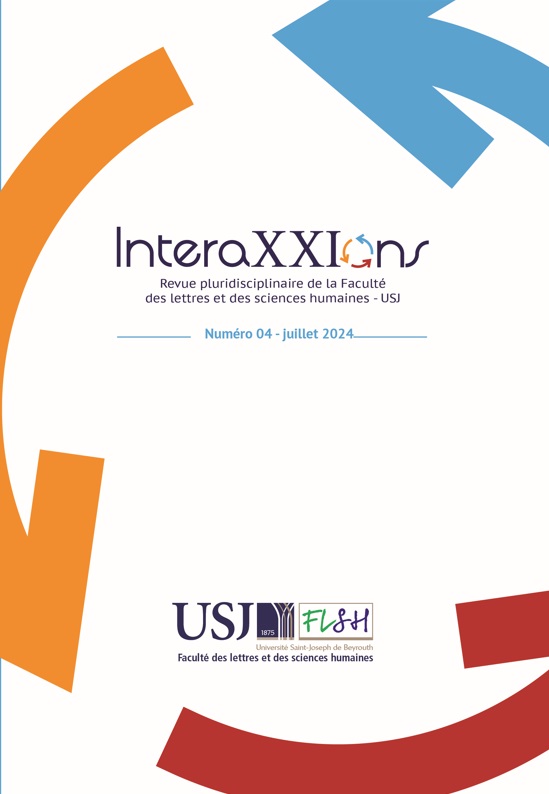Abstract
Objective: To evaluate Lebanese university students’ coping strategies facing media violence, as well as the association between students’ alcohol use and their coping strategies facing daily stress.
Method: The sample consists of 396 Lebanese university students aged between 18 and 24 years old, enrolled in a university in Beirut between 2018 2019. Students have willingly consented to fill an anonymous survey. Our survey includes various questions: collection of socio-demographic data; “Ways of Coping Checklist French version” questionnaire (Cousson-Gélie et al., 1996) to assess the coping mechanisms adopted; Alcohol Use Disorders Identification Test (AUDIT) questionnaire (WHO, 2001) to assess the level of alcohol use; a self-constructed questionnaire on mediated violence in order to study the coping mechanisms adopted by Lebanese academics facing media violence.
Results: Lebanese university students mostly adopted problem-focused coping strategies as well as social support when faced with daily stressors. Most university students had a low level of alcohol use. No association was found between the style of coping, passive or active, when it comes to either daily stressors or to facing media violence. Finally, alcohol use was not associated with any coping mechanism.
Conclusion: When faced with certain violent situations through the media, young students adopt avoidant reactions, even if they typically adopt active coping strategies facing daily stress. Alcohol use, however, does not seem to be a coping strategy, but rather a mild and controlled consumption.

